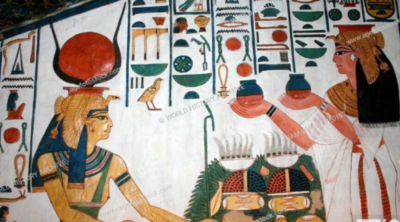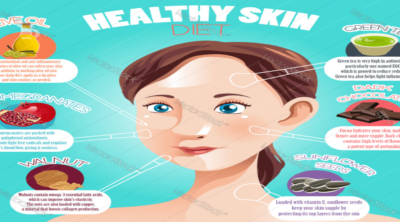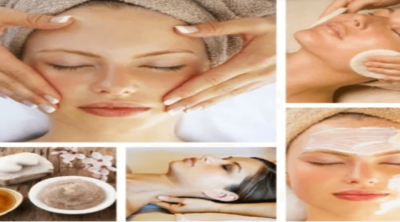
The treatment method used for nodular acne is much more intensive than those used for other forms of acne. Read this article to know various treatment options for nodular acne.
Basically, acne is an infection that leads to inflammation of the skin. Furthermore, nodular acne can be described as large lumps on the skin surface, which are red in color and are extremely painful. In fact, among the various forms, infection of nodular acne is much more severe. It does not affect just the upper layers of the skin, but penetrates deep into the core of the skin.
Like other acne forms, these lumps do not disappear within a week or two. They stay on the skin surface for several months, which makes them extremely bothersome. If proper treatment is not offered to these lesions, they continue to flare up from time to time and cause discomfort.
Causes
The sebum produced by the oil glands or sebaceous glands help to keep the skin soft. When there is excessive serum production, it obstructs the oil glands of the skin. Thus, the skin around it swells up and an acne is formed. As mentioned earlier, in nodular acne, this blockage reaches the deeper of the skin. It results in the formation of pus pockets and nodules that tend to destroy the skin tissue and cause scarring. Over production of serum is mostly triggered by hormonal changes, side effects of medicines, or use of wrong skin care products or cosmetics.
Treatment
Usually, one can get rid of blackheads or whiteheads with topical application of prescription creams or over-the-counter creams, which is accompanied by a good skin care regime. However, any nodular acne treatment needs to be carried out under the supervision of a dermatologist to prevent any harmful effects. Some effective treatment options are as follows:
Isotretinoin
This is a popular oral medication available in the form of pills and is used for the treatment of nodular acne. It is also known as accutane. Basically, it is a compound of vitamin A that helps to bring down the production of sebum and thus the nodules are healed. Depending on the severity of the symptoms, it has to be taken once or twice daily with food, for four to six months. In fifty percent of the cases, it has been found that nodular acne is cured permanently with this treatment.
In other cases, the frequency of flare-ups has gone down significantly. However, there are some side effects of this medicine. Some minor forms of side effects include nosebleeds, itching, skin peeling, and dry mouth. In some cases, the effect may be more serious and lead to vision problems, inflammation of the bowel, depression, and suicidal tendency. It should not be taken by pregnant women, as high levels of vitamin A can cause birth defects in the baby.
Laser Therapy
This is one of the most effective forms of treatment that shows results almost instantly. In this treatment, laser is penetrated into the deep layers of the skin in order to reduce the oil production in the sebaceous glands. The laser also kills the infection causing bacteria present in the skin. Another advantage of laser therapy is that it reduces scars that are often left behind by nodular acne.
Other Medicines
Some dermatologists opine that antibiotics can be used to treat moderate forms of nodular acne attack. The best part of using antibiotics is that they show effective results in a short span of time. However, too much of antibiotics, like, tetracycline may cause gastrointestinal problems in the long run. Corticosteroid therapy is a method in which cortisone solution is injected directly into the lesion to reduce the pain and tenderness. It is an expensive treatment and has to be administered several times.
All these treatment forms will clear off the lesions permanently, provided, you follow the advice of your dermatologist carefully. When you have nodular acne, you should strictly avoid squeezing them with your fingers. This will aggravate the infection further and take longer time to heal.


